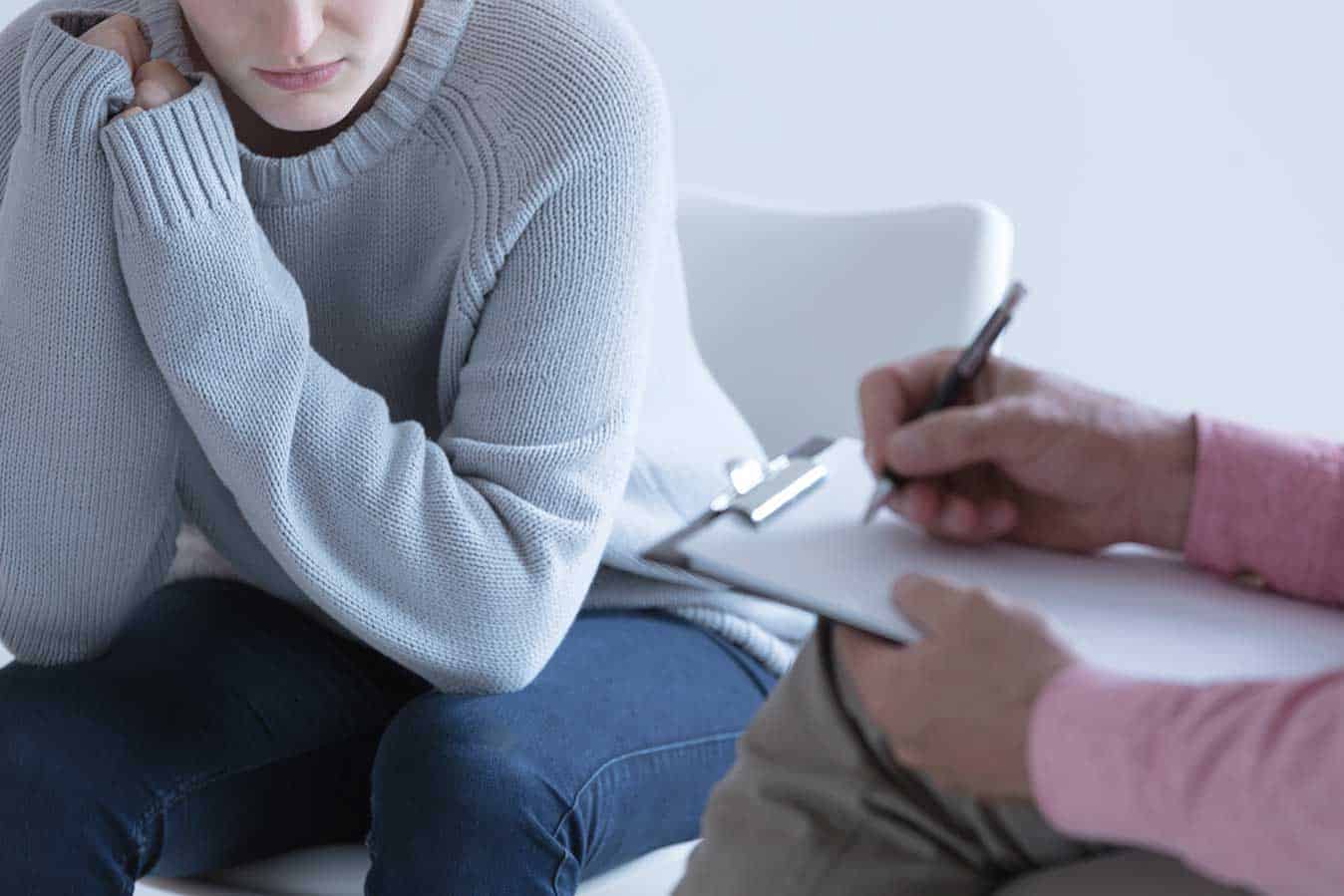Abortion will become legal in Queensland for the first time in 119 years from December after the state’s Parliament voted to adopt new legislation last night.
The historic reform will remove abortion from Queensland’s Criminal Code, in place since 1899, which stipulates any woman who illegally has an abortion can be sent to prison for up to seven years and anyone who unlawfully performs an abortion can be jailed for up to 14 years.
Under the new Termination of Pregnancy Act 2018, pregnancies can be terminated on request up to 22 weeks’ gestation and thereafter where two medical practitioners both agree it is appropriate to perform the procedure given relevant circumstances.
Safe access zones of 150 metres will also be established around the premises of termination services to prevent protestors from harassing women and families.
Other clauses allow registered health practitioners to conscientiously object to advising about, assisting or performing an abortion.
In this instance, health practitioners must inform and refer women to another health practitioner or health service provider who will assist.
Queensland premier Annastacia Palaszczuk said the new laws ensure women can access termination services “without fear or stigma”.
“We now join other jurisdictions, both in Australia and around the world, in recognising termination as a health matter,” she said.
“These changes affirm the government’s commitment to respecting the rights and autonomy of women.”
The overhauling of abortion laws was triggered by a Queensland Law Reform Commission (QLRC) review, which recommended legalising the procedure across the state.
Abortion in Australia is subject to state law, with New South Wales now the only remaining state yet to remove the procedure from its Criminal Code.
In its submission to the QLRC review, the Queensland Nurses and Midwives’ Union (QNMU) said women should have access to legal and safe abortion, counselling services before and following a termination, and information and services to support adoption or maintaining pregnancy.
It also recommended the Queensland government, together with the federal Department of Health, implement a broad female sexual and reproductive health strategy including access to education, services and counselling.
As part of the new laws, Queensland Health will roll out a comprehensive implementation plan for health professionals.
This will include establishing a women’s helpline so all women in the state can access information regarding their rights and available support services.
The Human Rights Law Centre hailed the decriminalisation of abortion in Queensland as a major step in women finally having the freedom to decide what is right for their bodies.
“Every single one of us should have the freedom to decide what is right for our bodies and lives,” Adrianne Walters, Senior Lawyer at the Human Rights Law Centre said.
“It’s fantastic to see the Queensland Parliament make that a reality in law for women across the state. We congratulate the Queensland government for driving this critical reform.”
Ms Walters said she hopes the decriminalisation of abortion in Queensland will compel New South Wales to follow suit.
“NSW now stands shamefully alone in failing to reform its abortion laws. Every day, women in NSW are treated as second class citizens when it comes to accessing healthcare by the criminalisation of abortion.”








